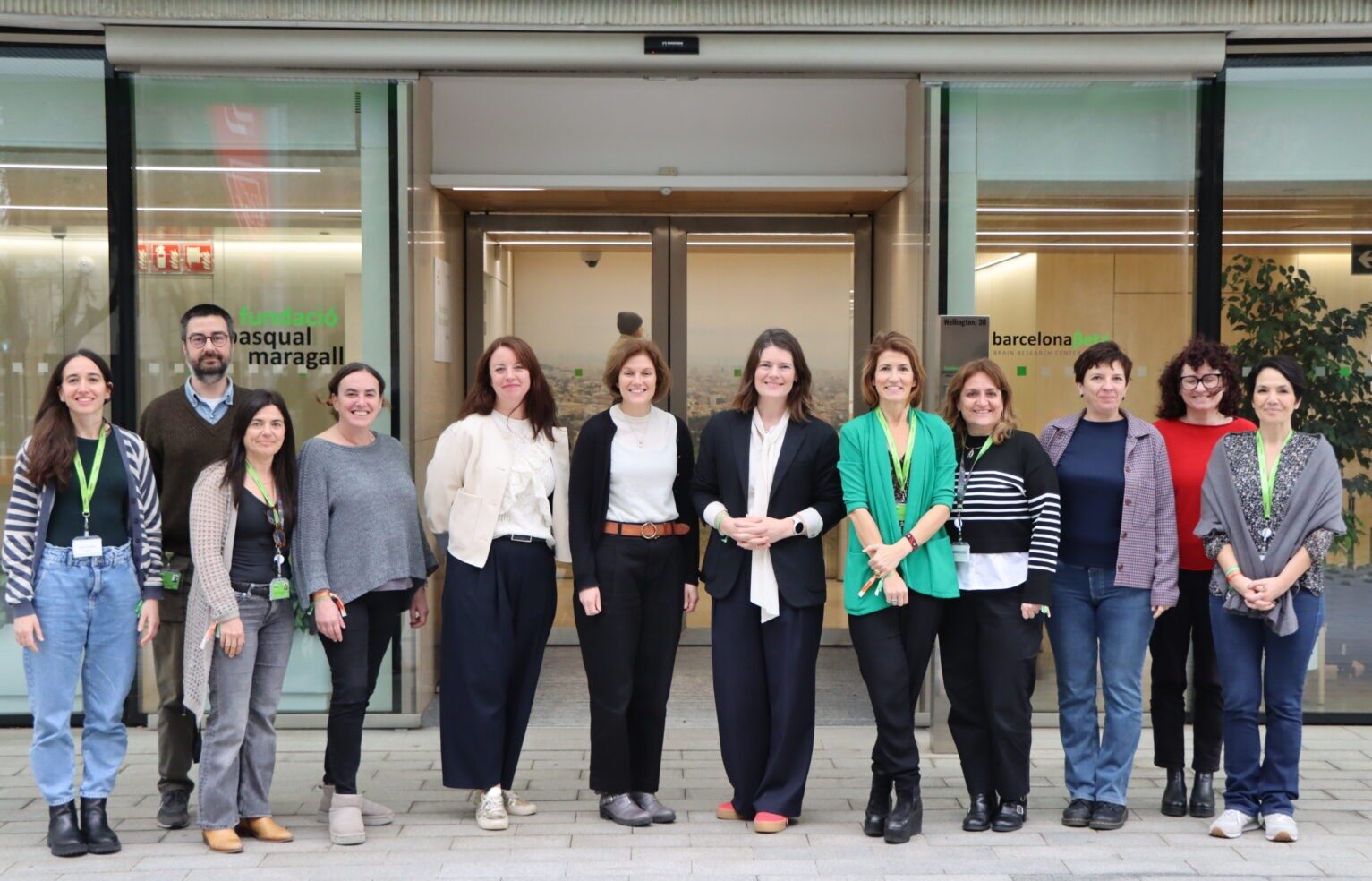The Committee for Medicinal Products for Human Use (CHMP) of the European Medicines Agency (EMA) has issued a negative opinion on the marketing authorization of donanemab, a drug developed by Eli Lilly for the treatment of early-stage Alzheimer's disease. The decision is based on the fact that the observed clinical benefit does not outweigh the associated risks, such as brain swelling or small bleeds.
Donanemab is a monoclonal antibody designed to bind and remove beta-amyloid plaques in the brain, indicated to slow the progression of Alzheimer's disease in adults with beta amyloid plaques in the brain and mild cognitive impairment or dementia. Donanemab has been approved by regulatory authorities in China, Japan, the United Kingdom, and the United States (the FDA approved it in July 2024) with the same data presented by the pharmaceutical company.
This decision may not be final, as the American pharmaceutical company has already announced in a statement its decision to request a re-evaluation, as has happened with other drugs, such as lecanemab, in order to provide all possible alternatives to people with Alzheimer's in Europe.
From the Pasqual Maragall Foundation and its research center, the Barcelonaβeta Brain Research Center, we reaffirm our commitment to finding innovative solutions to improve the lives of people affected by the disease. We will closely monitor the impact of this decision, as the EMA's rejection does not mean the end of the road for donanemab.































